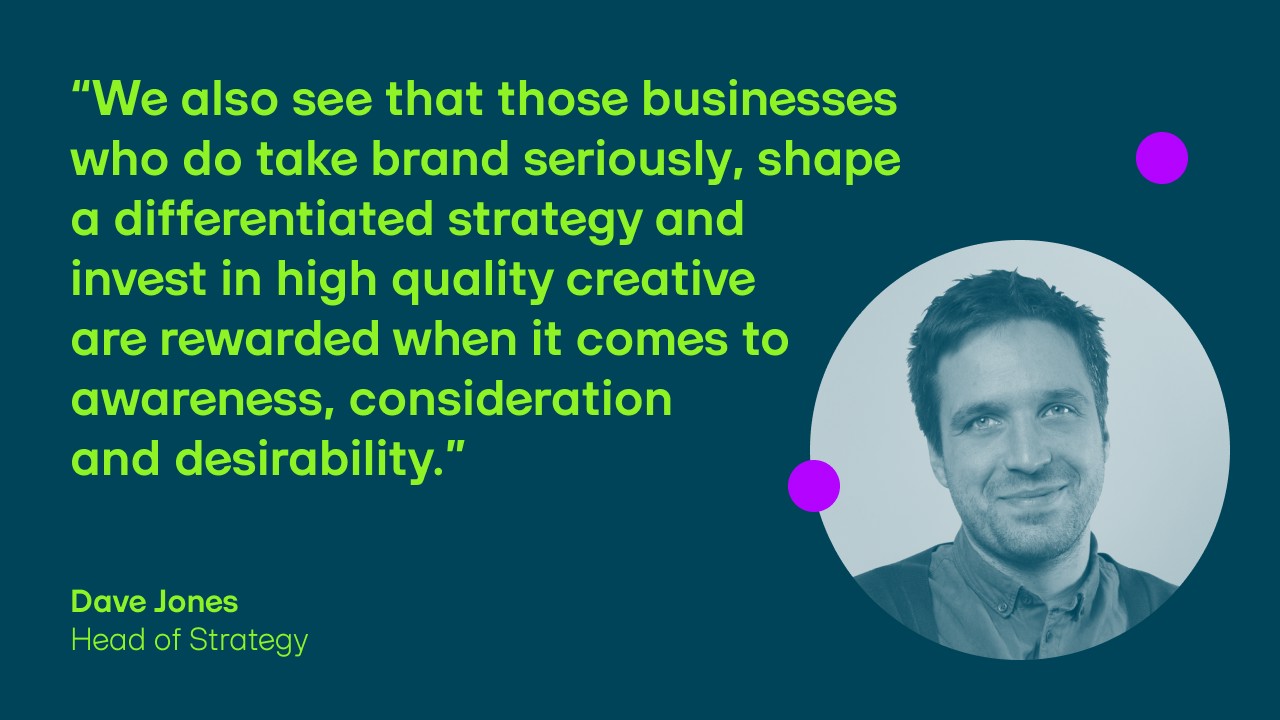Four lessons from marketing materials businesses
Dave Jones, Head of Strategy, shares marketing pointers for businesses in the manufacturing sector.
The growing role of digital
Personal relationships and face-to-face interactions remain more important in the industrial and material science sector than in most consumer and B2B purchase journeys, but digital’s role is growing. Buyers will conduct their own online research and use search engines and social media to explore solutions, often visiting corporate websites and trade presses. We’ve also found that email marketing, webinars, digital PR, paid social advertising, and digital support around trade shows are effective for capturing attention, generating leads, and nurturing relationships.
Marketing to skeptical mindsets
Engineers, designers, and buyers in heavy industries tend to be technically minded problem solvers. This analytical mindset can make them naturally wary of big brand claims and they can resent the idea that they’re ‘being marketed to’. We’ve found that they want to understand concrete facts backed up by product demonstrations - particularly on video - as well as case studies, relevant certifications, and technical specifications.
The brand dilution challenge
The need to communicate across many different sectors, products, messages, markets, and stakeholders can make it difficult for large material science businesses to maintain a coherent and compelling brand proposition. This is compounded by the fact that many brands in the space cluster around a similar set of promises: innovation, sustainability, and performance. We, therefore, see many digital experiences in this space that feel a little corporate, generic, or confused. However, we also see that those businesses that do take the brand seriously, shape a differentiated strategy, and invest in high-quality creativity is rewarded when it comes to awareness, consideration, and desirability.

Communicating the value-add
In the material science sector, customer relationships go way beyond the product. Buyers often want genuine partners who can use their expertise to help design solutions to their problems. Messaging therefore needs to focus on business outcomes - lower costs, increased efficiency, improved health & safety, and better environmental performance - rather than pure product features. Showing how you are best placed to support them in producing those outcomes, either through your scale, niche expertise or relevant experience is key.
Want to find out more about marketing in this sector? Drop Dave a line at Dave.Jones@truedigital.co.uk.


